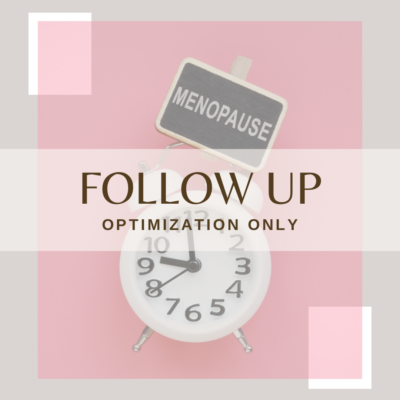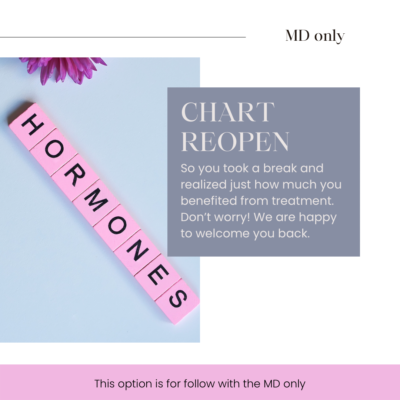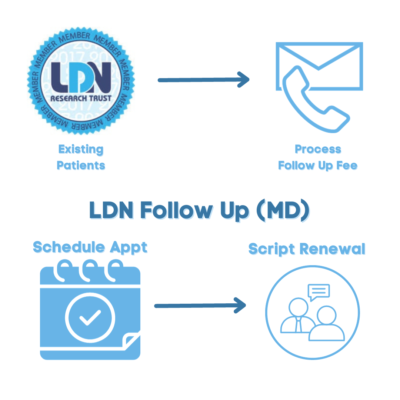Now before you crap all over me, let me explain – it’s not always bad – I still use it with some of my patients. The issue is similar to the GI Pathogen screen for parasitic infection, too many false positives. It’s not reliable which is an issue. I’ve seen some false negatives as well! The current microbiome research , especially the advanced info coming out of Europe show that bacteria or fungal overgrowth is being treated with strong antibacterials when they may in fact not be necessary. In some cases the deeper the dysbiosis you may find that it doesn’t show on testing (this is why multiple tests can be beneficial). This has to do with specific biofilms which may be present. Addressing this issue is tricky, die off is very proinflammatory so we want to be delicate when disrupting the biofilms. Each person will need something different from chelators, grape seed extract (help modulate aromatase)or olive oil for polyphenols, and specific enzymes etc.
Each clinician has their own protocol when it comes to SIBO or even SIFO, some like to introduce probiotics (way too early in many cases). Some prefer to use SBO’s (soil based organisms) rather than straight up traditional probiotics. So who is right? Personally I treat on a patient by patient basis in this regard, but usually I like a good SBO added when the time is right. If I do run a SIBO breath test I usually follow up a few weeks after the treatment has ended. Again there is the issue of how reliable this is.
Let’s talk about treatment. Dysbiosis is present with any kind of gut issue, this means the balance is off. You need to be careful not to damage the delicate balance by killing off our much needed Bifidobacteria Longum, akkermansia, bacteroides and Lactobacilli .When we look at herbal remedies we think they are safe, however what about the ones that are not meant to be consumed continuously or are too potent? Garlic is a good example, it doesn’t take much to wipe out specific bacteria with only small amounts of garlic. Too much is actually a bad thing when it comes to our gut mucosa, same goes from other stronger ones like oil of oregano. High dose for months at a time has limited data as far as what it is really doing to our delicate flora. I could go on for days when it comes to the bacteria being affected. Of course as mentioned above polyphenols, chelators, glutathione, lauric acid, caprylic acid (especially for H-Pylori) are great additions to any protocol.
Diet is another big one, it’s pretty standard as to what to avoid while on a SIBO protocol, although some variations can mean the success or demise of a treatment plan. Bottom line is that we want to work on inflammation. Period! Of course you want to watch things that are feeding specific bacteria, that would be counterintuitive.
What tests do you want to explore? IgG food panel, OATs test, hormones (blood serum is one I use frequently or the dutch test is a great alternative) and of course adrenals. This gives a very good indication as to what is happening throughout each system, we can’t help one condition if we are not connecting ALL the dots.
When treating for SIBO you have to look at other factors as well. Look at balancing those hormones, are parasites an issue? Mold? Heavy metals?Gut issues in general are not just a one answer/one solution.
Managing stress is HUGE, I cannot say this enough.
Sleep, we heal when we sleep… no sleep means healing is going to be sub-optimal.
If any of this struck a chord and you want to know more I offer a 15 minute courtesy call which can be booked via our amazing team over at info@hollywarnerhealth.com or jump into a consultation and lets chat.
Already know you want to have your hormone levels tested? You can grab that package here





